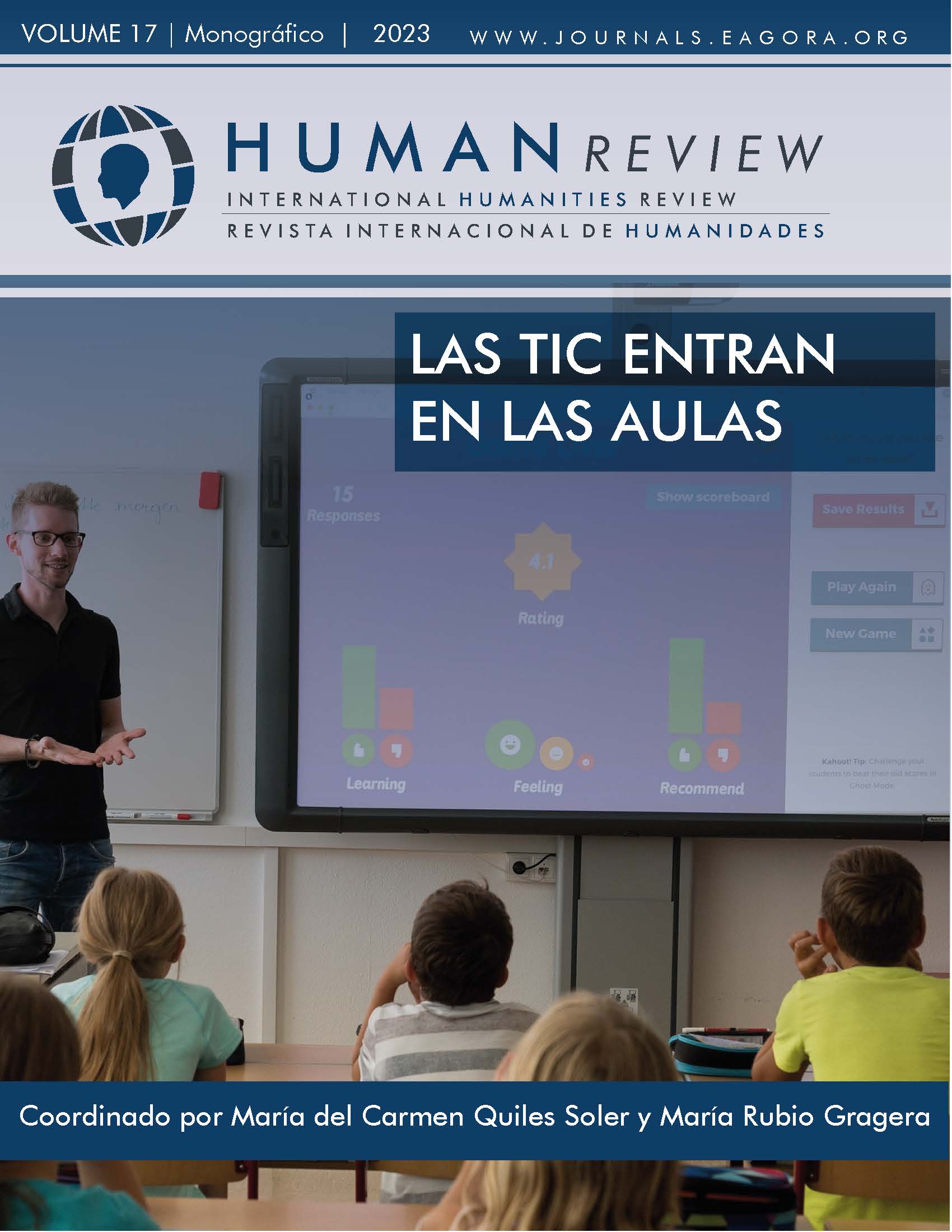Implementation of e-learning in an electronic engineering course
Keywords:
Education, Education 4.0, E-learning, Engineering, Simulations, Circuits, TransformerAbstract
The e-learning methodology bets on a change to the traditional models implemented in educational institutions. In order to test and analyze the results of this new model, it was decided to implement virtual laboratory practices for the electromagnetic conversion course of the undergraduate course in electronic engineering, one of these practices has as title “equivalent circuit of a transformer”, with it and together with the consultation of the levels of satisfaction of students in their learning outcomes, we will build the necessary metrics to evaluate this method.
References
Aboagye, E., Yawson, J. A., & Appiah, K. N. (2020). COVID-19 and E-Learning: the Challenges of Students in Tertiary Institutions. Social Education Research, 1–8. https://doi.org/10.37256/ser.212021422
Aljawarneh, S. A. (2020). Reviewing and exploring innovative ubiquitous learning tools in higher education. Journal of Computing in Higher Education, 32(1), 57–73. https://doi.org/10.1007/s12528-019-09207-0
Cárdenas, F., Forero, E., & Navarrete, J. (2019). Design of photovoltaic systems on virtual learning platform. 2019 IEEE PES Conference on Innovative Smart Grid Technologies, ISGT Latin America 2019. https://doi.org/10.1109/ISGT-LA.2019.8895025
DI-ME ltda. (n.d.). Analizador de redes para panel CVM-C10. www.dimelectrico.com
Forero-Garcia, E., Segura, D., & Casagua, J. (2020). Sistema Remoto Para Prácticas De Laboratorio Como Estrategia Educación 4.0 En La Formación De Ingenieros Electrónicos. En J. Escobar (Ed.), Tecnociencia y Sociedad (Primera, Vol. 1, pp. 82–102). Corporación Centro Internacional de Marketing Territorial para la Educación y el Desarrollo. Corporación CIMTED.
Lara, J. A., Aljawarneh, S., & Pamplona, S. (2020). Special issue on the current trends in E-learning Assessment. Journal of Computing in Higher Education, 32(1), 1-8.
Lizcano, D., Lara, J. A., White, B., & Aljawarneh, S. (2020). Blockchain-based approach to create a model of trust in open and ubiquitous higher education. Journal of Computing in Higher Education, 32(1), 109–134. https://doi.org/10.1007/s12528-019-09209-y
Maatuk, A. M., Elberkawi, E. K., Aljawarneh, S., Rashaideh, H., & Alharbi, H. (2022). The COVID-19 pandemic and E-learning: challenges and opportunities from the perspective of students and instructors. Journal of Computing in Higher Education, 34(1), 21–38. https://doi.org/10.1007/s12528-021-09274-2
Olmos, L. M. P., Giraldo, B. A. Z., Girón, S. E. H., Silva, C. A. P., Delgado, P. E. J., Pérez, W. Y. A., Barbosa, L. M., Delgado, P. E. J., Forero-Garcia, E. F., Triana, M. Y., & Garcia Norato, O. M. (n.d.). La Educación, La Empresa Y La Sociedad Una Mirada Transdiciplinaria-Tomo (Primera). Zenodo.from https://zenodo.org/record/4403354#.YxJs-3bMJPY
Páez Pino, A., Jaramillo Gaviria, C. I., & Forero García, E. F. (2016). Emocionar, de lo Tradicional a La Biopedagogía. https://doi.org/10.18687/LACCEI2016.1.1.362
Selim, H. M. (2007). E-learning critical success factors: an exploratory investigation of student perceptions. International Journal of Technology Marketing, 2(2), 157-182.
Stephen, C., Edward, G. & Irwin, J. D. (2014). Máquinas eléctricas. DELTA.
Toro Milind Joshi Associate Professor, U. J., & Vidyapeeth, B. (n.d.). A Review of Literature on Knowledge Management using ICT in Higher Education. www.ijcta.com

